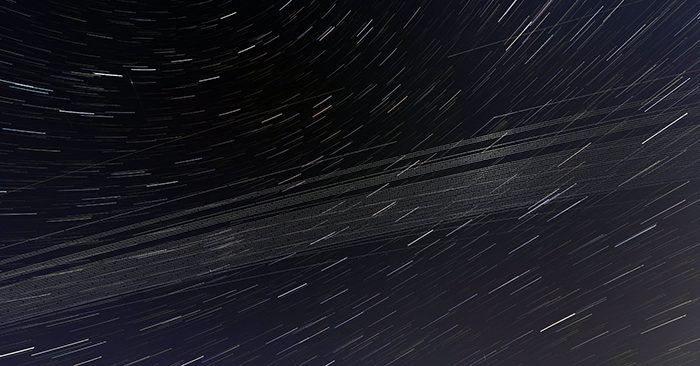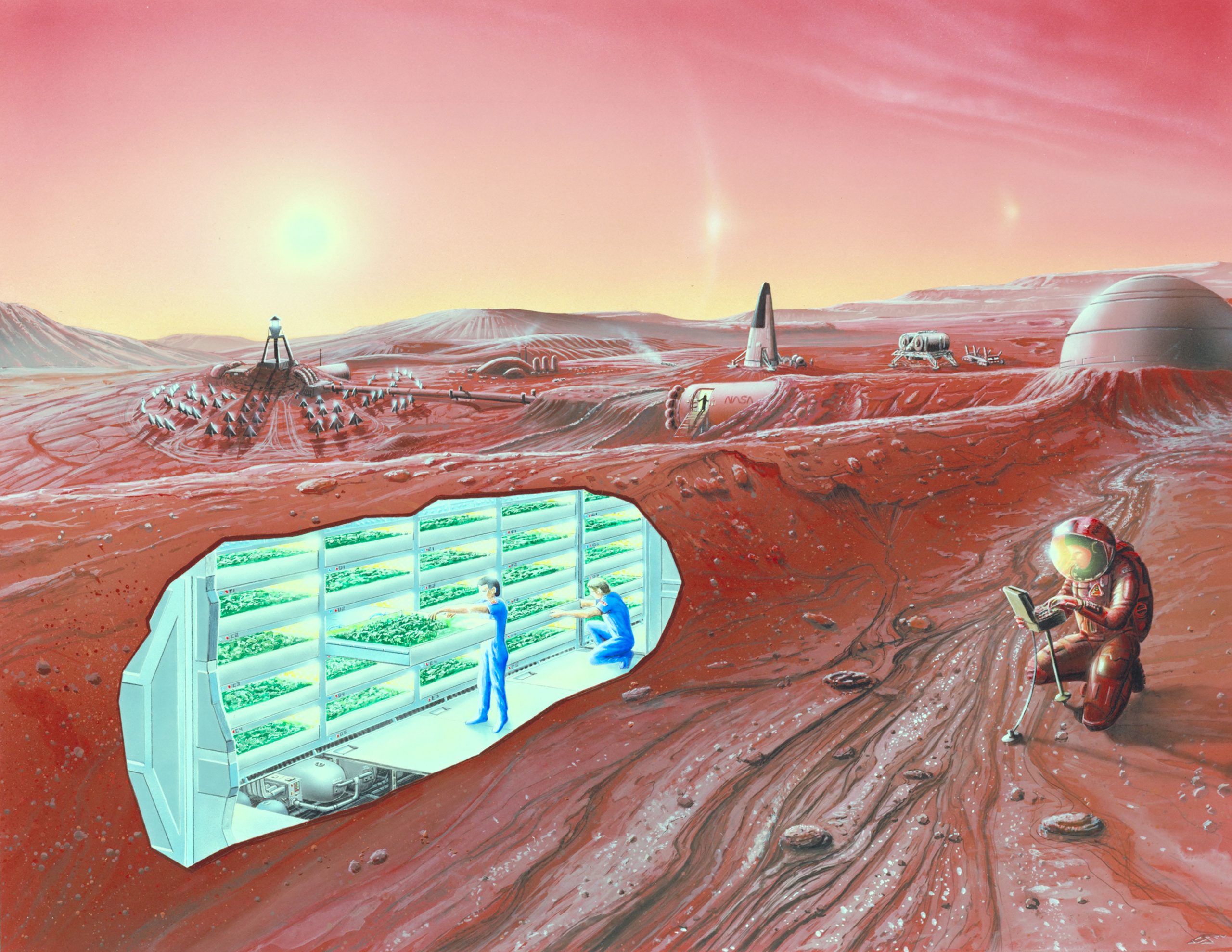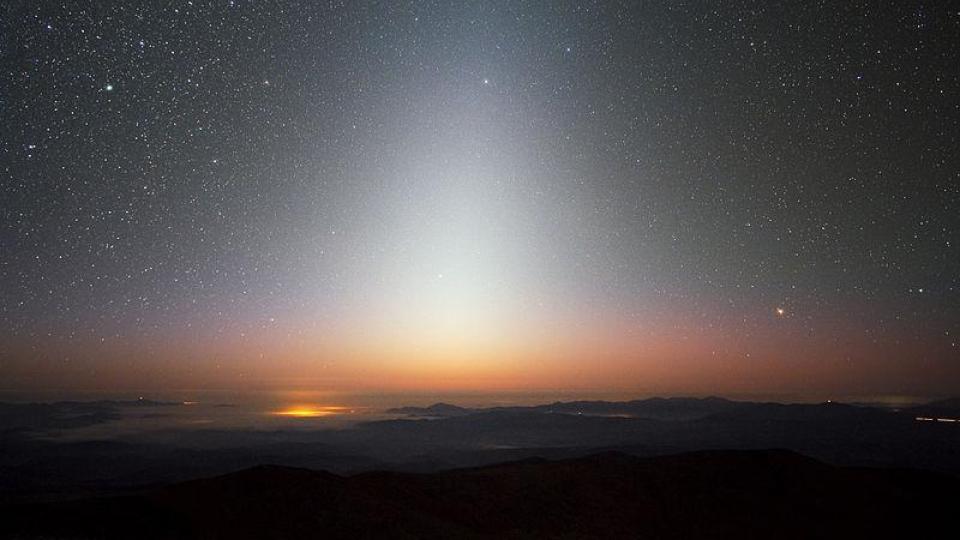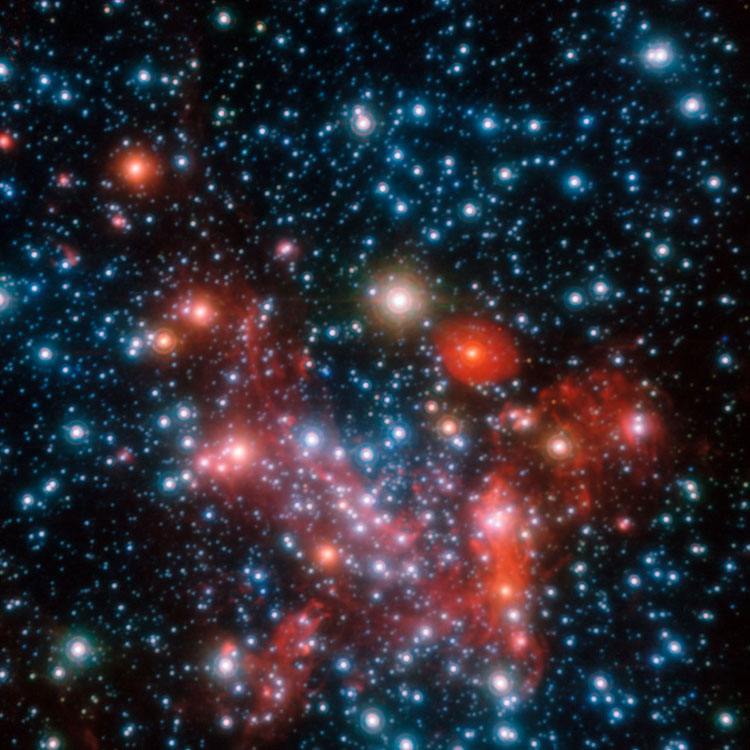Day by day, we’re losing our connection with the night sky. Already 1/3rd of humanity lives in so much light pollution that they can’t see the Milky Way without a drive. And now satellite constellations are adding additional light pollution, even in the darkest skies on Earth.











